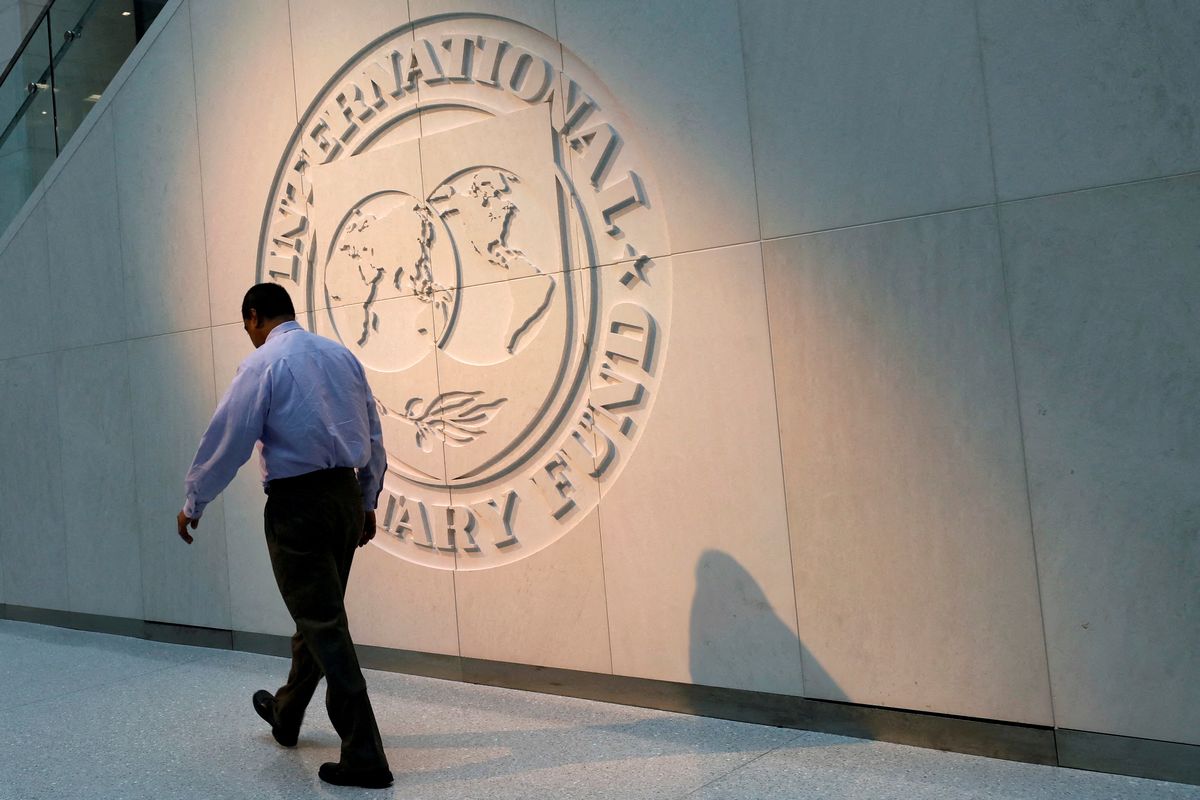Sri Lanka secures bailout for US$3 billion with IMF deal
Sri Lanka has been having a tough time with a heap of economic and social issues on its plate.

A few minutes every morning is all you need.
Stay up to date on the world's Headlines and Human Stories. It's fun, it's factual, it's fluff-free.
The backstory: Sri Lanka has been having a tough time with a heap of economic and social issues on its plate. With COVID, high energy prices, populist tax cuts and inflation soaring over 50%, it's been a real struggle for the country's economy.
The people took their anger to the streets in mass protests, pushing the former president into fleeing and resigning last July. All of this led up to Sri Lanka defaulting on its debts with international lenders for the first time in its history.
More recently: Last year, Sri Lanka secured a preliminary agreement with the International Monetary Fund (IMF) for a US$2.9 billion bailout package. That's a lot of cash, but there was a catch. Before Sri Lanka could get the money, it had to clean up its debt situation and get it under control.
Two weeks ago, China hopped on board with big bilateral creditors, like India and Japan, to support the sweet deal.
The development: Sri Lanka has officially landed a four-year IMF program worth almost US$3 billion. That's a game-changer for this island nation. The idea is to get everyone fully on board with restructuring the country's debts, though that might take up to 18 months.
Sri Lanka is set to receive nine payments, starting with a massive US$333 million right off the bat. But, in exchange for the much-needed bailout, Sri Lanka must make some important reforms, such as taking a hard stance against corruption and fighting inflation, among other things.
Key comments:
"I express my gratitude to the IMF and our international partners for their support as we look to get the economy back on track for the long term through prudent fiscal management and our ambitious reform agenda," said Sri Lanka's President Ranil Wickremesinghe in a statement on Monday.
"Without fresh dollars to import essential goods, an economic turnaround is impossible," said Sergi Lanau, deputy chief economist at the Washington-based Institute of International Finance. "In the medium term, implementing reforms under the IMF program and successfully restructuring debt should improve Sri Lanka's outlook."
"We have lived beyond our means. Whether we like it or not, these difficult measures, which may be very unpopular, need to be taken," said Foreign minister Ali Sabry in an interview before the funding announcement.




Comments ()